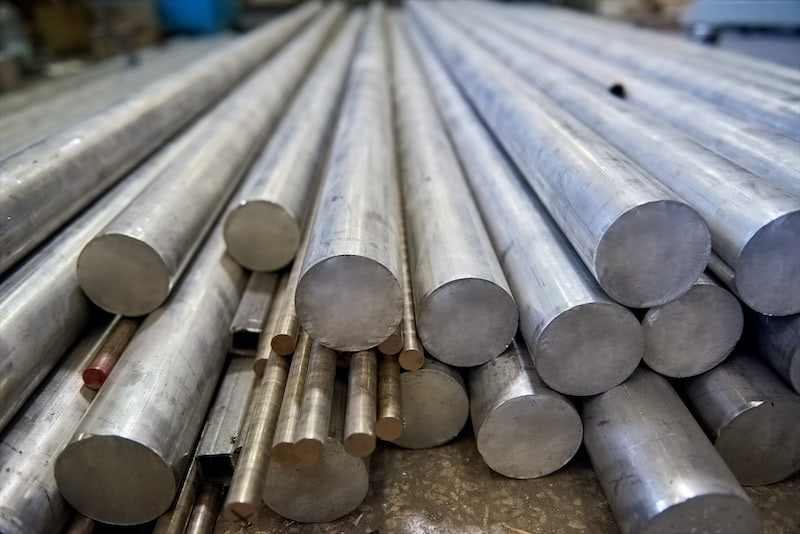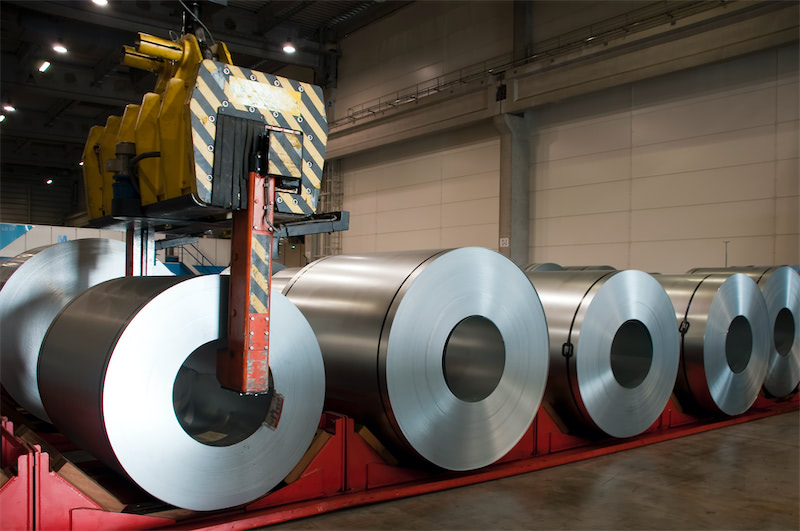Maintenance impact may decline as current profits keep construction steel mills motivated to produce
According to the SMM survey, the impact of construction steel maintenance increased this week (7.19-7.25). Two steel mills had maintenance on construction steel production last week, and the impact was concentrated this week, resulting in a construction steel maintenance impact of 1.2808 million mt this week, up slightly by 12,800 mt WoW.
Last week, the fundamental supply-demand imbalance of rebar was not prominent, and the industry's own logic struggled to establish a clear directional trend. Market rumors indicated that there were large-scale production restrictions of 30-50% in the coking sector in the Wuhai region. Additionally, Indonesia planned to impose export tariffs, and there was a second round of coke price increases this week. On the cost side, coking coal and coke continued to lead the gains in construction steel prices. Meanwhile, with the "anti-rat race" competition details and the expectations for the Political Bureau meeting at the end of July not yet dashed, market sentiment remained high. The investment in the trillion-yuan Motuo hydropower station project boosted rebar futures, driving spot prices higher. Rebar profits continued to be maintained, and most steel mills maintained their current production pace. There were no new maintenance plans for construction steel rolling lines at additional steel mills. The fluctuation in the total impact of construction steel maintenance this week mainly stemmed from previous maintenance arrangements, with relatively small overall changes.
By region, according to the SMM survey, there was a slight increase in construction steel maintenance in North China and Central China this week. In North China, some steel mills slowed down their production pace of construction steel rolling lines last week due to unsatisfactory demand and poor blast furnace iron tapping, with the impact concentrated this week. In Central China, a few steel mills temporarily halted construction steel rolling lines after completing their monthly production schedules last week. Steel mills in North-west China, East China, and South-west China maintained their maintenance status from last week, with no significant changes in the impact of maintenance.
Looking ahead, the number of high-temperature days in inland regions is expected to increase, leading to adjustments in downstream construction schedules and slightly affecting construction progress. Coastal regions will be impacted by typhoons and periodic heavy rainfall, delaying the release of some demand. Overall, transaction performance is unlikely to improve significantly, with weak demand characteristics prominent during the off-season. Considering that the total inventory of construction steel remains at a relatively low level compared to the same period in recent years, inventory pressure is small, and the supply-demand imbalance has not significantly worsened. In the short term, rebar prices are expected to be more influenced by macroeconomic news and cost factors. The Political Bureau meeting is approaching, and market expectations remain high. Meanwhile, the support from iron ore and coke on the cost side for finished steel remains strong. It is anticipated that construction steel prices will be more likely to rise than fall in the short term. Blast furnace steel mills can maintain profits of over 100 yuan per mt in construction steel production, with strong production willingness. It is expected that the impact of construction steel maintenance may decrease next week.
Data Source Statement: Except for publicly available information, all other data are processed by SMM based on publicly available information, market communication, and relying on SMM‘s internal database model. They are for reference only and do not constitute decision-making recommendations.
For any inquiries or to learn more information, please contact: lemonzhao@smm.cn
For more information on how to access our research reports, please contact:service.en@smm.cn
![Before the holiday, the black chain is unlikely to see a trend-driven market [SMM Steel Industry Chain Weekly Report].](https://imgqn.smm.cn/usercenter/zUFfM20251217171748.jpg)

![[SMM Chromium Daily Review] Inquiries and Transactions Weakened, Chromium Market Showed Mediocre Performance Before the Holiday](https://imgqn.smm.cn/usercenter/ENDOs20251217171718.jpg)
